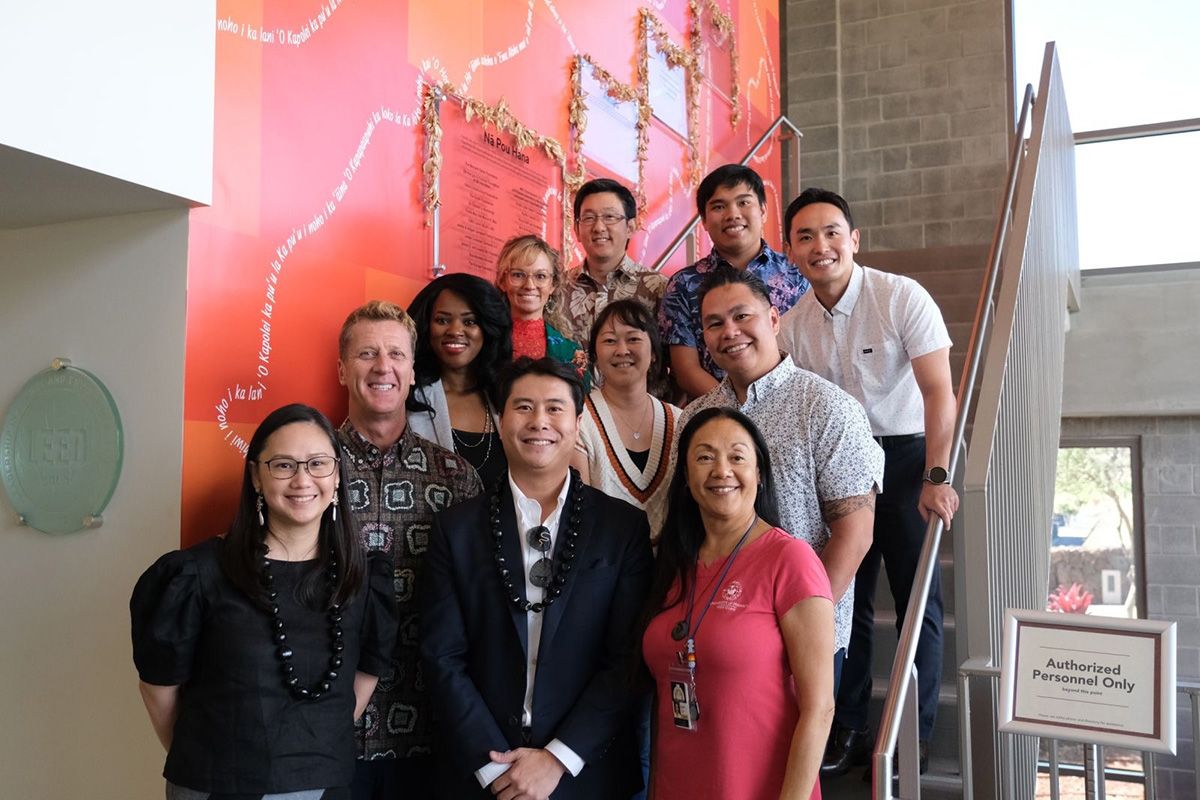What are the strategies used by International Schools in the Philippines to teach critical thinking?
- Encourage inquiry
- Have them ask questions
- Let them solve their problems
- Learn through collaboration
Teaching critical thinking skills is necessary for students because they are important for living a fulfilling life. Because of this, many teachers from the best international schools and international colleges in the Philippines are developing interesting ways to integrate it into their classrooms. Before finding out what some of the best strategies teachers can use to teach critical thinking to students, critical thinking skills should be defined first.
The term “critical thinking” can be interpreted in many different ways, but in its simplest perspective, critical thinking is more than just thinking rationally or critically. Critical thinking is about thinking independently. Thinking in a critical manner means drawing your own conclusions and formulating your own opinions about something.
Critical thoughts should not be affected by outside influences. While it is true that critical thinking is about seeing the connections between ideas and the discipline of analysis, it is also about being wide open to other opinions and viewpoints.
Critical thinking happens when students are able to evaluate and analyze arguments, evidence, beliefs, and claims. Here are four strategies international schools in the Philippines use to teach critical thinking:
Encourage Inquiry
One way that international colleges in the Philippines foster critical thinking skills in their classroom is by allowing their students to inquire about topics that interest them and letting their creativity shine.
International colleges and schools encourage inquiry all across their curriculum in order to foster deep learning in their students. Through this system, the students are able to work through the phases of immersion, investigation, coalescence, and demonstration of learning.
In these learning phases, students are able to wonder, collect backup knowledge, ask questions, look for new information, process this information, show an understanding of concepts, and share the new things they have learned with others.
Students are then able to tie all of these things together with an essential question that helps them look for a deeper meaning throughout this process of inquiry. These questions are often open-ended to foster the development of critical thinking skills and encourage collaboration.

Have them Ask Questions
International schools often provide a wide variety of resources for students to find answers on their own and ask guiding questions in order to let them dig deeper into their learning. International colleges and schools encourage their students to ask as well as answer their own questions through conferring, working on their personal lesson plans, using graphic organizers, and participating in small group discussions throughout their stay.
Questioning plays an important role in developing deep learning and critical thinking skills. Cultivating the skills needed for questioning teaches students how they should think. The professional educators in these schools use questions with an open end to encourage active learning and discussion. Questioning is even incorporated in everyday discussions with their students.

Let them Solve their Problems
In the classrooms of the best international colleges and schools, students are not just given the answers to any problems or issues they may have. They turn the problem onto them instead and ask how they should solve this problem. This gives the student the opportunity to solve their problems on their own.
Inquiry work is extended through problem-solving because it is important that students are able to think for themselves. The students then apply the critical thinking strategies they have learned through problem-solving.
Learn through Collaboration
When cultivating a modern classroom of learners, it is essential to integrate meaningful learning experiences that promote critical thinking. One way that schools do this is by actively involving their students in their learning through collaborative work. This can help the students to use critical thinking about their issues and take ownership of their learning.
International colleges and schools have learning environments which are student-centered that are flexible and varied in order to accommodate the needs of their learners. These learning centers also provide ongoing opportunities to build a collaborative community of staff and students.
These environments also promote individual, collaborative, large and small group learning. Students can learn in flexible collaborative groups that are based on their needs. Students can learn how to work as a team, practice self-discipline, improve their interpersonal and social skills, and communicate with others effectively.
Lastly, students are able to have a better understanding of what they are learning and improve their critical thinking skills through collaboration.
Key Takeaway
It does not require hours of planning lessons in order to teach critical thinking. It does not need any guest speakers or special equipment either. All you need are curious minds and the right teaching strategies.
There are many other ways an international college or school can foster critical thinking among their students. These four, however, are the ones that stand to make the most impact on their learners.
Critical thinking is an important skill that students today need in order to become self-advocates for themselves and become lifelong learners. Thankfully, the programs at Enderun Colleges provide a lot of opportunities and activities to promote critical thinking among students, both in the classroom and during their respective internships.
Want to learn more? Click here!




